Ready to learn more?
Get all the details straight to your inbox!
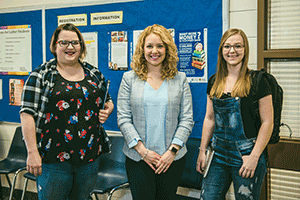
The priority deadline for academic application is March 15. To book a personalized enrolment counselling appointment, contact our Recruitment Office at 1-306-206-2117.

Luther College students are eligible for nearly $100,000 in academic awards – in addition to scholarships and bursaries awarded by the U of R.
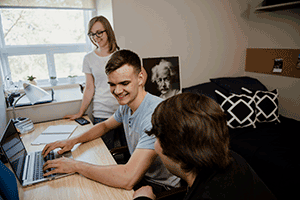
Wondering where to live? Our student residence, The Student Village at Luther College, is considered a great choice for first-year student accommodation. Individual private rooms mean you can stick to your own schedule and you never have to deal with roommate hassles.

Smaller class sizes at Luther College means more individualized attention and better connections with your professors, classmates, and academic advisors.
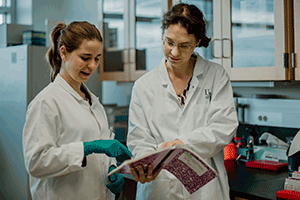
Luther College offers Bundles programs that group together first-year students and classes to give you a great start and help ease the transition from high school to university.
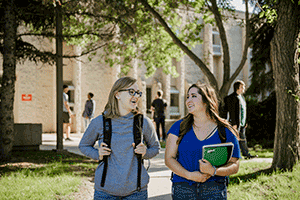
Luther College is a great choice for high school to university transition. Enjoy all the benefits of a larger campus, without feeling lost in the crowd. Our community is full of caring mentors and peers to ensure a positive student experience.
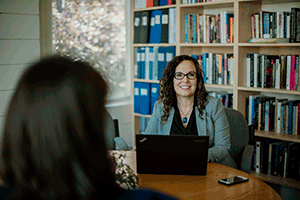
Free enrolment counselling support and invaluable one-on-one academic advising are available for all programs at Luther College.
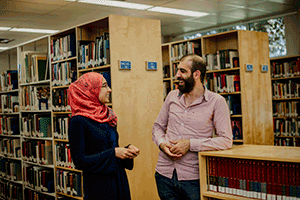
The Luther Library has over 24,000 items in its collection, 5,000 books checked out per year, and 7,000 students who come through its door per month.
Get all the details straight to your inbox!
By Jennifer Billan*
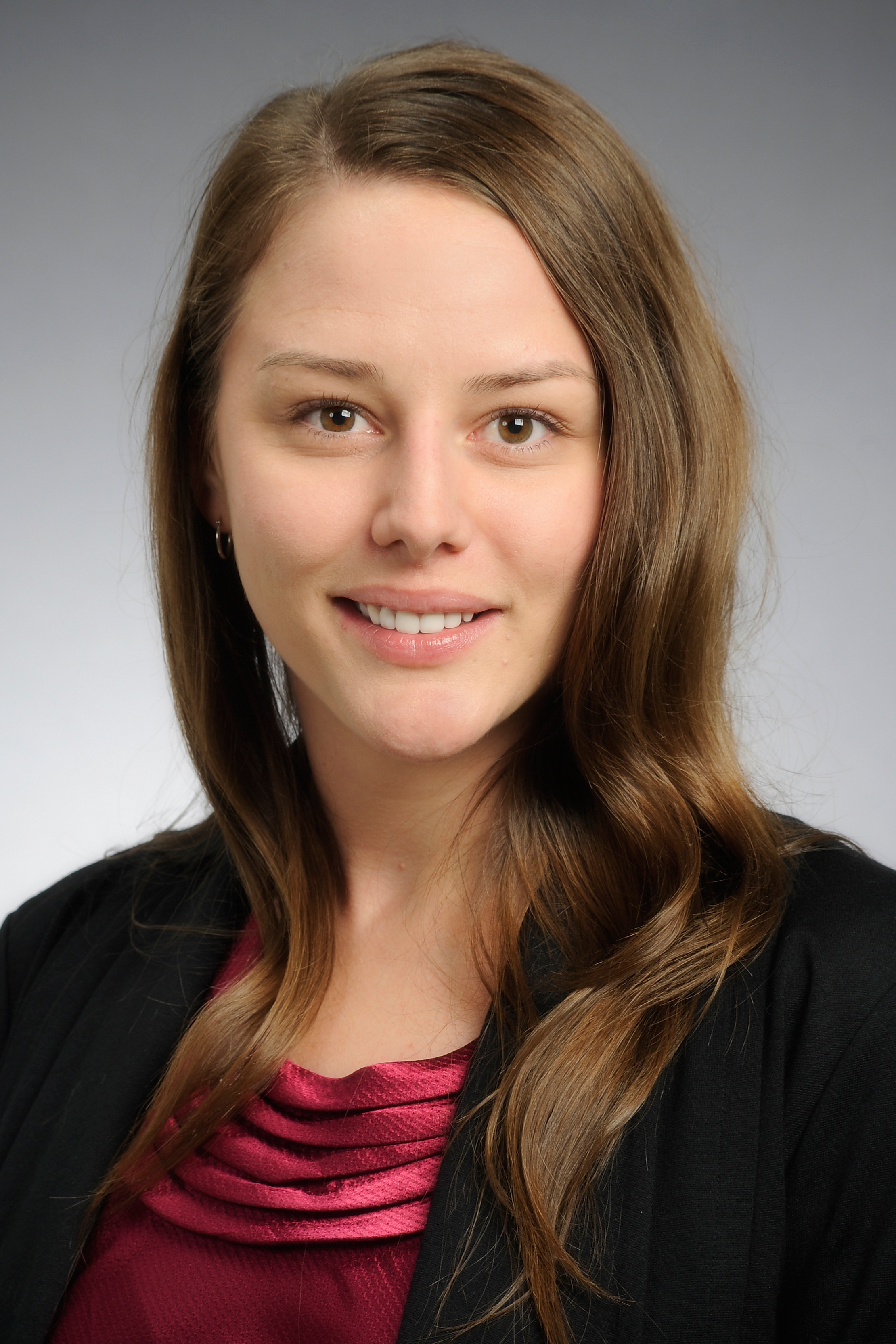
The VSSN is a multidisciplinary, community-university collaborative, comprising students, the voluntary/nonprofit sector and faculty/staff. VSSN is administered out of a dedicated office at Luther College at the University of 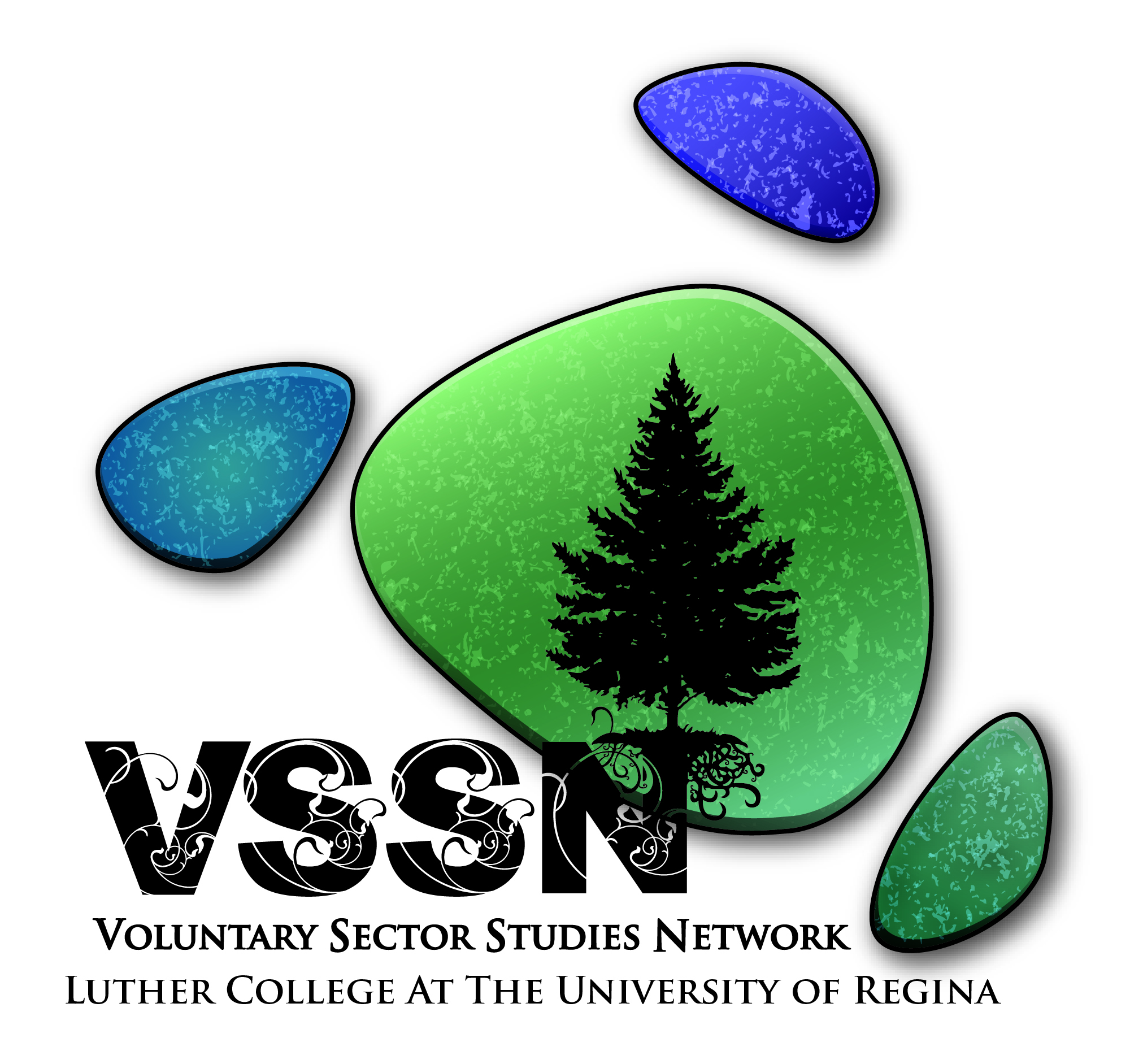 Regina. Luther College is currently searching for a full-time Director for VSSN, with an anticipated start date of July 1, 2017. The Director will: administer VSSN; teach some Nonprofit Sector Leadership & Innovation (NSLI) courses and mentor instructors of others; and oversee the research and collaborative work of VSSN.
Regina. Luther College is currently searching for a full-time Director for VSSN, with an anticipated start date of July 1, 2017. The Director will: administer VSSN; teach some Nonprofit Sector Leadership & Innovation (NSLI) courses and mentor instructors of others; and oversee the research and collaborative work of VSSN.
With a twelve-member steering group guiding our work, and a growing network of more than 400 individuals and organizations, VSSN is keenly interested in and focused on the sustainability of the voluntary/nonprofit sector and our communities.
Certificate in Nonprofit Sector Leadership & Innovation (NSLI)
Until now, no post-secondary programmes on the voluntary/nonprofit sector were offered in Saskatchewan. VSSN, in partnership with the Faculty of Arts and Centre for Continuing Education, launched a new Certificate in Nonprofit Sector Leadership & Innovation (NSLI). This multidisciplinary certificate (15 credit hours, 5 courses) is designed for students who want to acquire the expertise to pursue paid employment or enhance their voluntary work in the voluntary/nonprofit (community-based) sector. The required courses provide the necessary background in the structure and roles of nonprofit organizations, organization management, human resources, communications, and strategic planning for this sector. The certificate can also be taken as a standalone programme, for example by individuals already working in the sector who wish to strengthen their skills and expertise, or in conjunction with any other degree or certificate programme.
Pedagogy of the NSLI Certificate
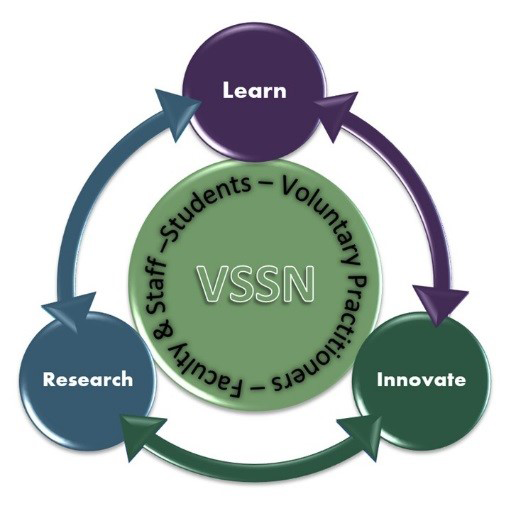 The courses in the NSLI Certificate are grounded in a community-engaged, experiential learning paradigm that embraces problem-based learning and the integration of theory and practice. The model for the courses in the certificate is shown in the diagram. Three interrelated themes – learn, research, innovate – and three main groups of people – students, faculty/staff, and voluntary/nonprofit organizations – are integrated into every certificate course. The two-way arrows reflect our belief that these groups all have mutually beneficial influences on each other. Our commitment to enhancing connections among these diverse groups provides the context for reciprocal learning for everyone involved – the creation and sharing of knowledge is multi-directional.
The courses in the NSLI Certificate are grounded in a community-engaged, experiential learning paradigm that embraces problem-based learning and the integration of theory and practice. The model for the courses in the certificate is shown in the diagram. Three interrelated themes – learn, research, innovate – and three main groups of people – students, faculty/staff, and voluntary/nonprofit organizations – are integrated into every certificate course. The two-way arrows reflect our belief that these groups all have mutually beneficial influences on each other. Our commitment to enhancing connections among these diverse groups provides the context for reciprocal learning for everyone involved – the creation and sharing of knowledge is multi-directional.
Before the course begins, the instructor identifies and consults with a specific voluntary/nonprofit organization that agrees to be involved directly in the course. Depending on the nature of the assignments, teams of students will engage in community-based research and work closely with faculty as well as the staff and volunteers of the voluntary/nonprofit organization. Students will also produce assignments that may result in new legislation and public policies, new programmes, and community reports. These assignments are delivered to both the course instructors and the participating organization.
Innovation is an essential component because students need to practice experimenting with new ideas, and the participating organization will gain, hopefully, new tangible benefits. We believe when a diverse group of thinkers – old and young, experienced and inexperienced – dialogue around the same table, new ways of looking at problems and their resolution ensue.
Results from our community-university meetings indicate that many diverse voluntary/nonprofit organizations are interested in participating in knowledge transfer and sharing through these courses. There are many collaborative opportunities:
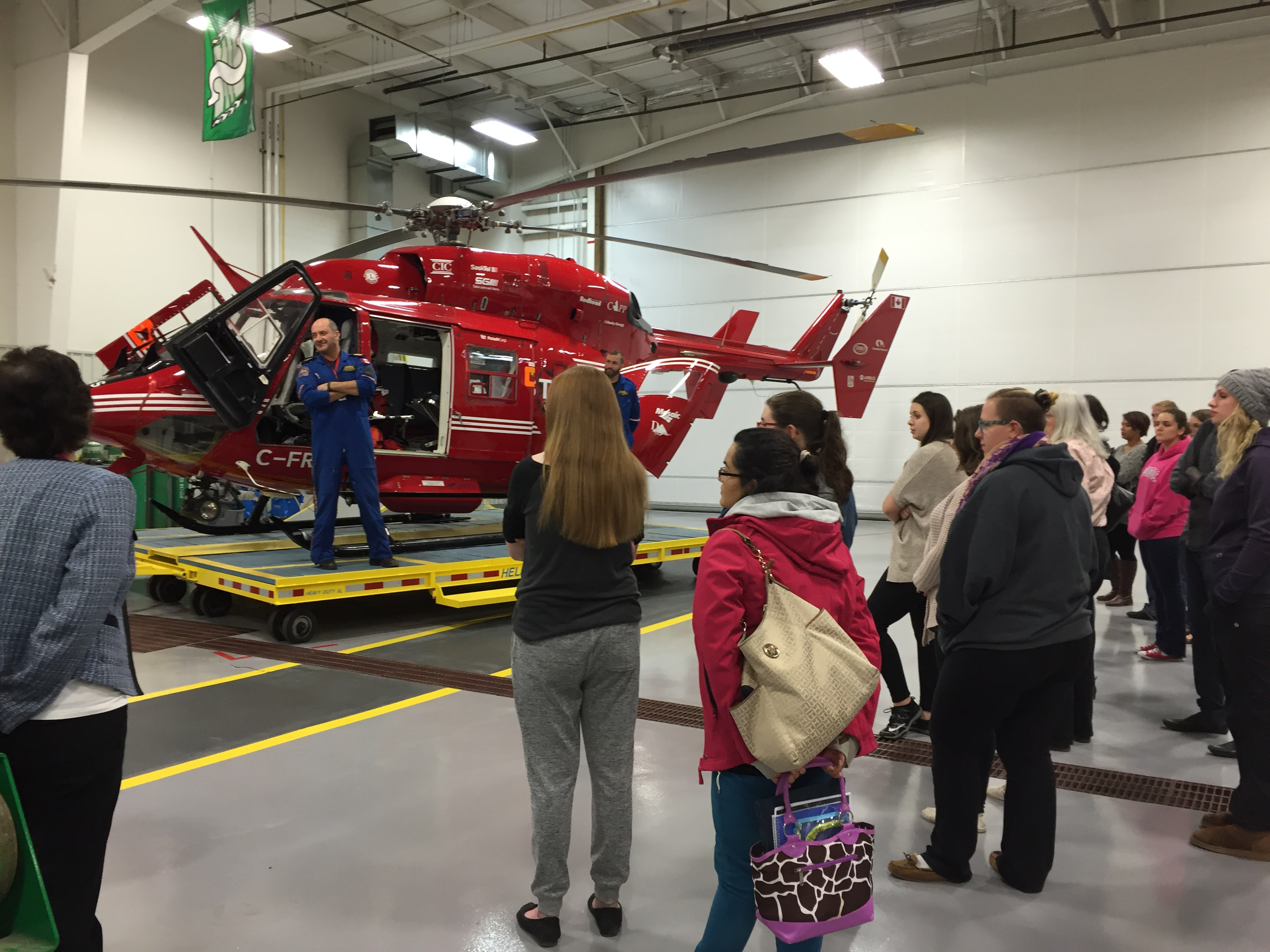
In the future, organizations may even host paid internships for students.
The VSSN steering group believes a coordinated and collaborative effort is required to build and maintain a strong program. All instructors in NSLI courses will commit to the pedagogical approach mandated by the NSLI certificate, and base their course material on a vision of reciprocal peer teaching/learning, links among NSLI courses, application of the most up-to-date knowledge about the voluntary/nonprofit sector, and achievement of defined competencies required by the sector (e.g., Volunteer Canada standards).
We encourage you to stay up to date with VSSN and subscribe to our monthly E-update.
Here are the NSLI Course Offerings for the Winter 2017 semester:
NSLI 330 – Nonprofit Communications (CRN: 12110)
Mondays, 6:00 - 8:45 p.m.
Instructor: Dr. Lynn Gidluck
Contact Jennifer Billan to discuss pre-requisites: Jennifer.Billan@uregina.ca
IDS 290AE – Communities and Advocacy (CRN: 13043)
Note: IDS 290AE will substitute for NSLI 320 once NSLI 320 is approved (anticipated January 2017).
CRN: 13043
Tuesdays, 6:00 - 8:45 p.m.
Instructor: Dr. Gloria DeSantis, Gloria.DeSantis@uregina.ca
*I would like to acknowledge Dr. Gloria DeSantis and Angela Tremka for compiling all of the original documents for VSSN upon which this information is based, and Dr. Mary Vetter for comments on earlier drafts.